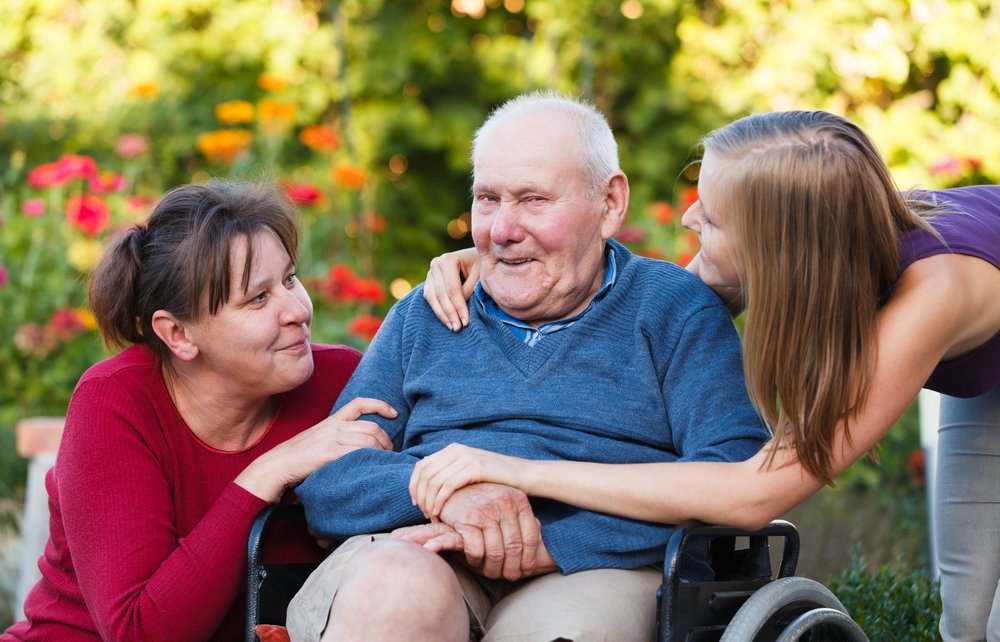Table of Contents
- Understanding the Alzheimer’s and Dementia Caregiving Experience
- The Challenges and Rewards of Alzheimer’s Care
- Caregiving in the Early Stages of Alzheimer’s or Dementia
- Preserving Your Loved One’s Independence
- Conclusion
Caring for someone with Alzheimer’s disease or another type of dementia is a challenging yet deeply rewarding experience. As a caregiver, your support and compassion significantly enhance your loved one’s quality of life, despite the progressive nature of the disease. This guide provides insights into the caregiving journey, the challenges, rewards, and strategies to help you navigate this emotional and demanding path.
Understanding the Alzheimer’s and Dementia Caregiving Experience
Caring for a loved one with Alzheimer’s or dementia can be a long, stressful, and emotionally intense journey. In the United States alone, over 16 million people are dedicated to caring for someone with dementia, a figure that reflects millions more globally. With no current cure, the caregiving role becomes a cornerstone in enhancing the quality of life for those affected.
The Emotional and Physical Impact of Caregiving
As Alzheimer’s or dementia progresses, your loved one’s cognitive, physical, and functional abilities diminish, often leading to overwhelming and disheartening experiences for caregivers. The emotional toll includes depression, high stress levels, and burnout, while the physical demands can result in significant health issues. It is crucial to seek support and prioritize your own well-being to sustain your caregiving role effectively.
The Challenges and Rewards of Alzheimer’s Care
The Emotional Rollercoaster
Watching a loved one’s memories and skills fade away is profoundly challenging. The disease’s progression brings behavioral changes that can be confusing and upsetting. These emotional hurdles can create feelings of grief, frustration, and sadness, making the caregiving journey feel isolating and overwhelming.
Finding Purpose and Connection
Despite the difficulties, caregiving offers unique rewards. It deepens your connection with your loved one, fostering moments of forgiveness and new, meaningful memories. This journey reshapes your perspective on life, helping you prioritize what truly matters and find purpose in the daily care you provide.
The Sense of Accomplishment
Caregiving builds resilience and enhances your problem-solving skills. Learning new caregiving techniques boosts confidence, and participating in support groups broadens your social network, providing emotional support and new friendships.
Family Bonding
Sharing caregiving responsibilities with family members strengthens bonds and creates opportunities for mutual support. These experiences teach compassion, acceptance, and the importance of caring for one another, setting a powerful example for younger family members.
Learn More: Senior Care Options: 3 Types of Services Explained
Caregiving in the Early Stages of Alzheimer’s or Dementia
In the initial stages, your loved one may need minimal assistance. Your role is to help them accept the diagnosis, plan for the future, and maintain an active and healthy lifestyle.
Acceptance and Communication
Accepting the diagnosis is challenging for both the patient and their family. Allow time to process and grieve, but also communicate openly with friends and family. Informing them early on helps in managing their expectations and garnering emotional support.
Dealing with Conflicting Emotions
Feelings of anger, frustration, disbelief, and fear are common. Encourage your loved one to express their emotions and continue engaging in meaningful activities. Find a support network for yourself to manage your own emotional struggles.
Utilizing Resources
Numerous community and online resources are available to support you. Organizations like the Alzheimer’s Association offer practical support, advice, and training for caregivers. These resources are invaluable in providing effective care.
Planning for the Future
Early planning for your loved one’s future care and housing reduces stress and ensures their wishes are respected. Involving them in the decision-making process during the early stages helps maintain their independence and dignity.
Preserving Your Loved One’s Independence
Slowing Symptom Progression
While there are treatments for some symptoms, lifestyle changes can also help slow the disease’s progression. Encourage your loved one to stay active, engaged, and maintain a healthy lifestyle to preserve their independence for as long as possible.
Creating a Supportive Environment
Adapting the home environment to meet the evolving needs of your loved one ensures safety and comfort. Simple modifications and routine establishment can significantly enhance their ability to perform daily tasks independently.
Learn More: The role of technology in improving the care of the elderly
Conclusion
The journey of caring for someone with Alzheimer’s or dementia is marked by both challenges and profound rewards. By seeking support, utilizing available resources, and planning ahead, you can navigate this path more effectively, ensuring a higher quality of life for your loved one and a fulfilling experience for yourself as a caregiver.
For further support and resources, consider reaching out to local and national organizations dedicated to Alzheimer’s and dementia care. They provide essential guidance and community connections to help you on this journey. If you need personalized and compassionate care, From The Heart Home Care is here to support you and your loved one every step of the way.







